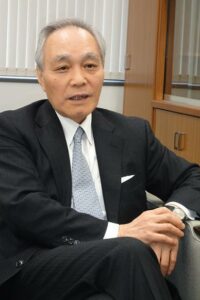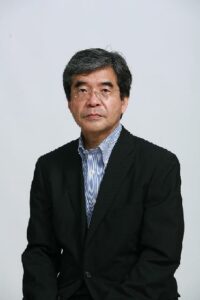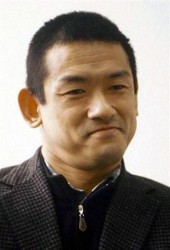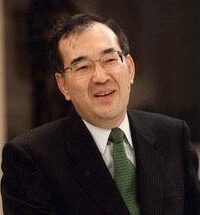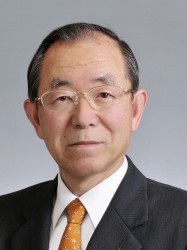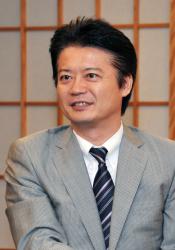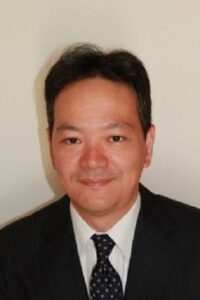
Key points: –LDP’s landslide election victory mainly ascribable to mixed electoral system –Unstable decision-making process is a political problem for Japan –New government should set policy priorities and utilize advisory panels The Liberal Democratic Party (LDP) and the New Komeito party jointly won more than 320 seats in the latest election for the House of Representatives, achieving a change of power after three years and four months of government by the Democratic Party of... [Read more]
